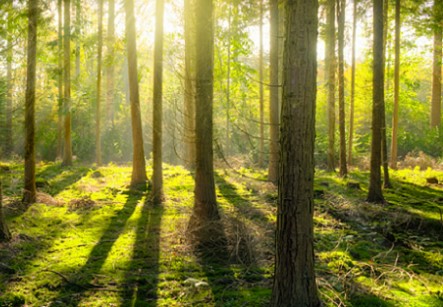Trees keep people cool, purify the air and make neighbourhoods and workplaces feel livelier.
President Theodore Roosevelt, impressed by the power of trees, wrote a letter in 1907 encouraging school children to plant them.
“A people without children would face a hopeless future,” he said. “A country without trees is almost as hopeless.”
People worldwide devote a day each year to plant trees and mark the ways they improve our lives. In addition to the United States, two dozen countries hold Arbor Day observances. While the holiday’s date varies to accommodate planting, celebrations occur across the Northern Hemisphere — from Bulgaria to Canada, from Germany to Japan and from Holland to South Korea — in March and April.
The U.S. celebration is on the last Friday in April, though some states in the northern or southern regions of the country observe the day on different dates. Numerous towns plant trees or giveaway trees or seedings at this time of year, according to the Arbor Day Foundation, a nonprofit that has helped plant 500 million trees across 50 countries since its founding in 1972.
Trees provide shade, produce oxygen and sequester carbon, all of which makes our cities better places to live, says Richard Olsen, director of the U.S. National Arboretum in Washington. “More citizens live in cities now around the world than ever before,” Olsen says.
“And so, to have a sustainable and resilient urban environment, you need trees.” Though the first known tree planting festival occurred in the small town of Mondoñedo, Spain in 1594, modern Arbor Day celebrations also have roots in Nebraska.
This year, more than 50 trees of various species will be given away at a festival in Lincoln, Nebraska. The state’s sparse tree cover left early pioneers vulnerable to wind and sun, and also short of wood for fires and shelter, according to the Arbor Day Foundation.
Nebraska City journalist J. Sterling Morton, proposed the first Arbor Day, held on April 10, 1872. Arbor Day became an official Nebraska state holiday in 1885. Other U.S. states soon adopted Arbor Day observances and a national holiday was adopted in 1970.
U.S. naturalist Birdsey Northrup, an educator, travelled to Japan in 1895 and lectured on the importance of planting trees, according to the Kent Historical Society. Japan now celebrates a Greenery Day every April.
“Other holidays repose upon the past,” Morton once said. “Arbor Day proposes for the future.”











